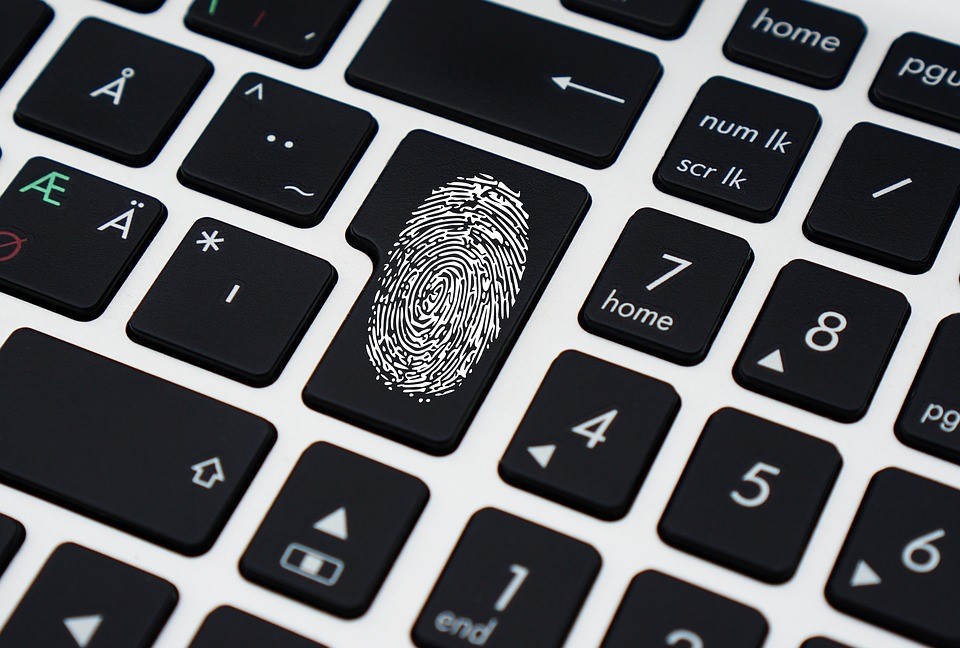If you are using the same password for all of your accounts, believe it or not, it is an invitation to hackers. Moreover, it is particularly dangerous if you are using the password for your online account also for Internet banking and online shopping. In this case, if any of your accounts is hacked, they are all at risk. Always avoid using the same passwords. (Do not reuse passwords)
The Password Dilemma Explained
Users increasingly face the dilemma of how to choose their passwords. Some end up using strong and different passwords for each account to avoid being hacked, but at the same time, they risk forgetting those passwords in the process. Others choose passwords that are easy to memorize and which makes life easier for them, but it is also easier for them to fall into the hands of cybercriminals.
In order to avoid the difficulty of having to remember those long passwords, some people are developing unsafe password habits. For example, 10% use a single password for all their accounts, which makes it easier for them to live a digital life without problems and without having to make efforts to remember the passwords. Of course, that is until a cybercriminal seizes that password and accesses all of your accounts.
We have to be aware that our accounts on the Internet, email and social networks contain private and our personal information which needs to be protected, for that having a unique password for each account is very important. Do not reuse passwords
Related Article: Securing your business’ your future
Ensure Your Safety
Correctly identify emails: It is best not to open emails from strangers or that you have not requested, to carry out these attacks hackers usually adapt the image of real companies in a way that may confuse the Internet user.
Check the sender: If the email information seems suspicious, check the source from which it came. For example, your bank will never ask you for access codes or personal data by email.
Protect your computer: It is essential to protect your computer with antivirus, since it will block any type of cyber-attacks. In addition, it is advisable to keep your operating system and your web browser updated.
Check: Before entering your secret keys, check that the web page starts with “https: //” and that the icon of a closed padlock appears in the browser.
The language: Cyber-attacks can come to you in any language. You have to be prudent, and smart. If you are getting any message in a different language, BEWARE!
Related Article: Cyber Crime Prevention Tips
How to maintain the privacy of our data?
Use strong keys: To do this, establish a password of at least eight characters and, in turn, combine uppercase and lowercase letters, numbers or special characters.
Do not reuse passwords: Use different passwords for your social network accounts, email or for online shopping to make purchases over the Internet.
Avoid some keys: It is not convenient to set up any personal information as a password, such as, date of birth, family member’s name or data that identify us. They are easy to remember, but also to discover.
Do not share your passwords with anyone: Your password should be kept private, if you share them, they will no longer be private. And you will give other people access to your privacy and sensitive data.
Do not write it down on a piece of paper, or on the computer, or anywhere else. If you do, you are helping intruders and cybercriminals achieve their goal.
Stay alert with security questions: Answering verification questions that only you know can ensure that only you are operating the account.
Change passwords regularly. Ensure to change your passwords timely.
Do not store your passwords: It can be a dangerous practice if you share the device with other people.
With these tips in mind, we hope you’d be able to keep a stronger and different password for all your online accounts.
Related Article: Why you need to use a password manager

